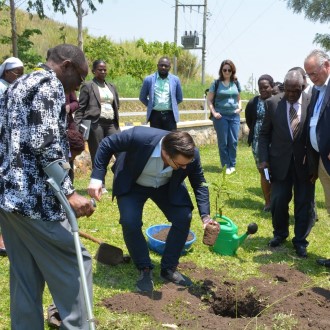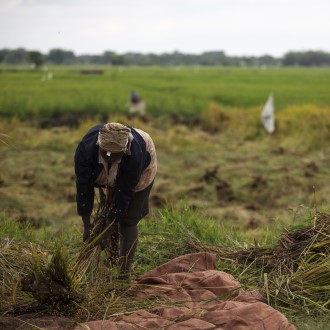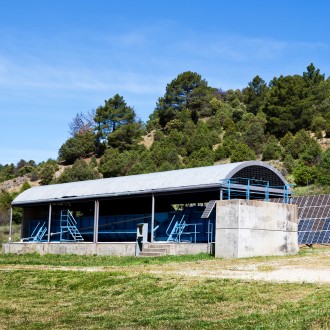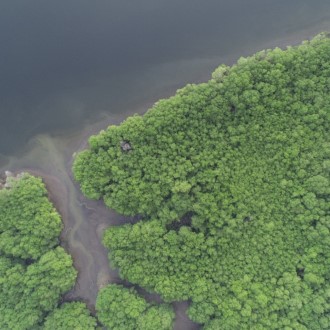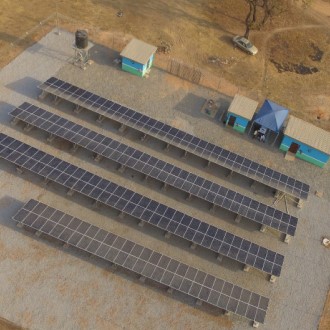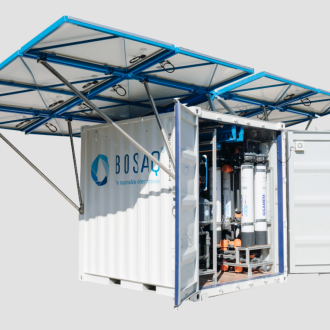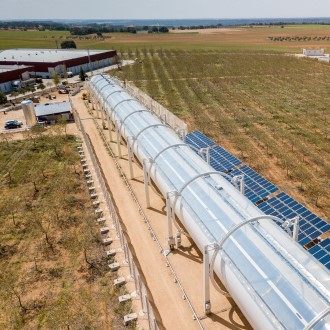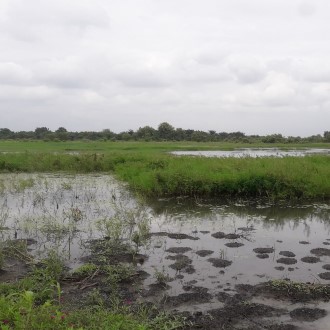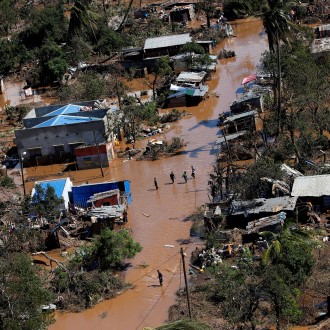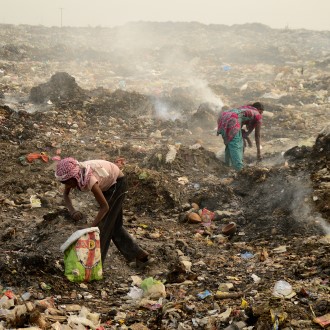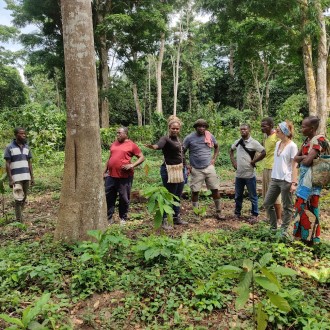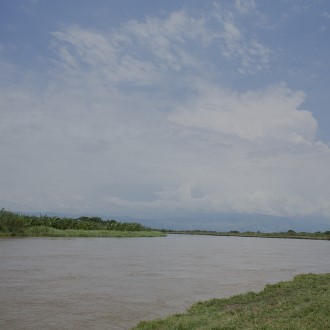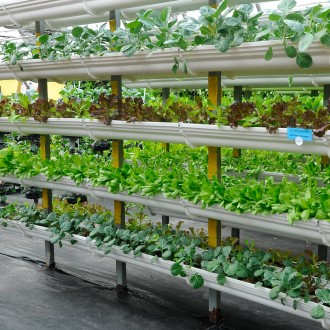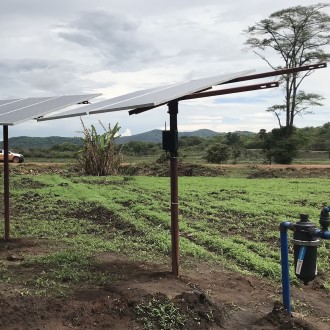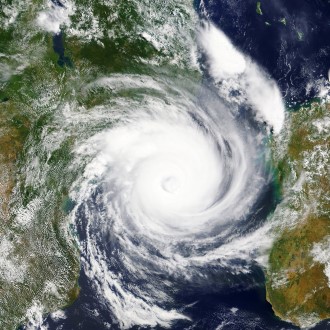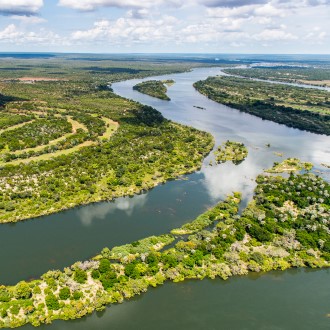ED nexr week sees first big8 event of changeteacher year 2023
location new york // to un water summit eg see these side events
we'll track connections made by 2 world class solutions connectors of sdg 6 -ask chris.macrae@yahoo.co.uk for diary news during week
friends at ed3dao.com we hope to have a dao or at least a co-blog matching each sdg in time for college year 23-24
(see also ny's 16th annual collaboration cafe student union formrs) climaxing in un summit future (so we have 6000 future teacher association goal 4; we nearly got 6000 women empowerment dao but apple let us down as it implied it wanted 30% of all dao revenues- wonder what steve jobs would have thought of that given his 2001 commitment to free university cooperations with fazle abed) -not since adam took bite of eve's app has such a sour taste been seeded- ny big event 2 from april 19 will have another go at womens economics at 6000 member dao
june- we're off to glasgow for big8.3 - 265th smith moral sentiments summit june rsvp chris.macrae@yahoo.c.uk for registration etc
also this summer results of greatest sdg storyteller by goal on metaverse expected from http://www.sdgmetaverseprize.org
this week past- un geneva ITU completed its main web2 week also called wsis
see newsletter of linkedin unwomens ed3envoyun.com to see some conversations with chatgpt summaries of what cooperations result from un water summit - including some forbidden chats


